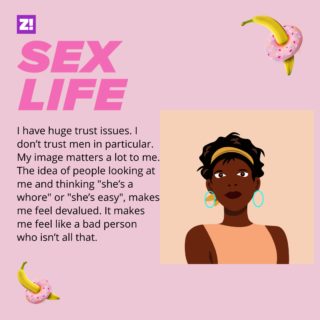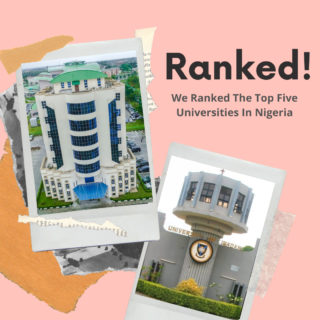On social media, many people often joke about wanting to work in tech or in startup companies in general so we decided to ask a few people who already do what that really is like.
Cynthia, 28.
I was excited when I got the startup job at first because I loved the company’s mission, and founder as well. They painted this impressive image online of who they were, what problems they were trying to solve, and what their work culture was, so when I got in, it was a dream come true, until it wasn’t of course.
The first thing I noticed was that their ‘vision/mission’ was just something cute to say and get funds because, in truth, they were far from what they preached internally.
There were so many worst parts but I’ll tell you the one that stuck out to me. No matter how great you did in your role, they’d never agree to send you a good recommendation letter. I once heard the founder telling HR to say and I quote “He got along well with his co-workers” finish. They did not even say anything about his work, this guy worked very hard.
The weirdest thing was the founder openly being partial to team members she liked. I know she had a right to like whom she wanted but she did it without tact and it had a bad impact on the company culture.
It wasn’t all bad though, my team members were the bomb and we’re mostly friends till this day. Because startup cultures are sometimes toxic, you and your colleagues bond well. One thing I enjoyed about the startup culture was the energy and the feeling that you’re doing something to make the world better for someone else, so that’s pretty cool.
I know you didn’t ask me but I think that investors should look at the rate of team churn in businesses before investing because most of these startup leaders need lots of leadership training. Can you believe we had about 20 people resign in less than one year, with some of them spending 2 months before resigning? It wasn’t a huge team so 20 people meant the company literally started afresh.
People should generally look at the churn rate before joining some companies. If they’re always hiring for the same roles, let your legs hit your head as you’re running away. Also, the HR at your startup is not your friend!
Victor, 35.
I have almost exclusively worked with tech startups since I started working and I won’t say it has been bad, to be honest. I just want Nigerian startup founders to stop acting like they’ve invented or founded the biggest thing since sliced bread. At my last job, I left because the founder spent most of his time being condescending to staff and belittling them. It is weird because you hired them because they are good so why go back to tell them they are stupid and should be ashamed. One day, he was shouting at a junior product manager and told her that when he was her age he was doing this and that. That was when I thought to myself ‘guy, one day it will be your turn and with your temper, you’ll do something that you’ll regret.’ I think the startup space is pretty great to work in and stuff, but it’s great when compared to traditional working spaces. On its own, man it isn’t all that. A person is expected to do the workload of three people, be on the clock 24/7, never complain and deal with rude founders/bosses.
Patrick, 27.
Nigerian founders are probably the ones that’ll kill their companies. It’s a bit weird seeing them pretend to be nice considerate people on social media but you that work with them will be wondering when you’ll see that version of them. My boss fired an intern the day her mother died because she came late. Many of these companies can’t retain people because the moment people actually work for them, they immediately start looking for a new place to run to because of the toxic work culture. Last year, my boss fired me because he saw me looking at calls for job applications on my laptop. I didn’t even bother doing back and forth, I was already fed up. I think startups aren’t a bad place to work at because it tends to be more progressive but some of these founders need an attitude adjustment. You are not Batman, breathe sometimes.
Diane, 22.
The workload almost drove me mad. I was employed as an intern as the first and then promoted to content associate. As an intern, I was doing the work of a full-time staff and was paid 60,000. I was handling social media, posting on their blog and everything. When I was promoted to content associate, my salary was increased to 120,000. The amount of content I was pushing out and for a company that was actually doing well, being paid 120,000 was an insult. I would be asked to do work on weekends, and even at night. God forbid. I quit there immediately I got a better offer.




